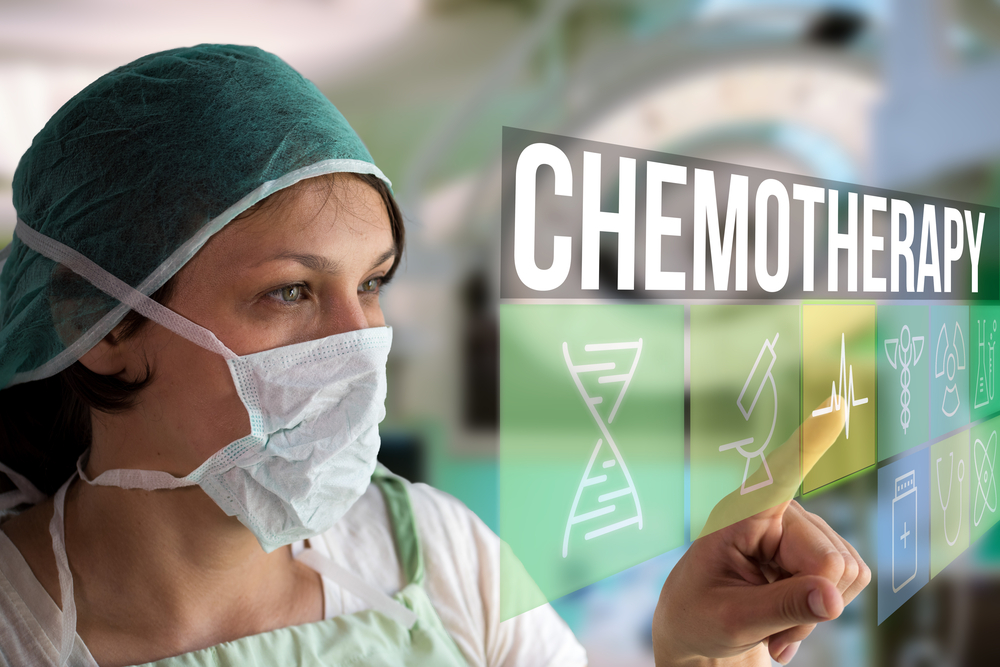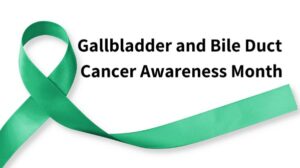Chemotherapy Understanding the Essentials reveals the intricacies of one of the most prominent cancer treatments, bridging the gap in public knowledge. This comprehensive guide sheds light on the fundamentals of chemotherapy, its applications, side effects, and the support mechanisms available.
What is Chemotherapy?
Chemotherapy is a type of cancer treatment that uses drugs to destroy cancer cells. Unlike surgery or radiation therapy that target specific areas, chemotherapy can work throughout the body, making it effective for cancers that have spread. It operates on the principle that cancer cells grow and divide more quickly than most normal cells. The drugs used in chemotherapy interfere with the cancer cells’ ability to reproduce, slowing down or stopping their growth.
How is Chemotherapy Administered?
Chemotherapy can be administered in several ways, including orally (pills), intravenously (IV), injected into a specific area (intralesional), or even topically (cream). The method chosen depends on the type of cancer, the stage of the disease, and the specific drug being used. Treatment sessions can vary from a few minutes to several hours and may be given in cycles with rest periods in between, allowing the body to recover.
The Goals of Chemotherapy
The objectives of chemotherapy can differ based on the individual’s condition. For some, the aim is curative, intending to eliminate all cancer cells and achieve remission. In other cases, it’s palliative, designed to reduce symptoms and improve quality of life without necessarily curing the cancer. Sometimes, chemotherapy is used to shrink a tumor before surgery or radiation therapy (neoadjuvant chemotherapy) or to eliminate any remaining cancer cells post-surgery (adjuvant chemotherapy).
Side Effects of Chemotherapy
While chemotherapy is a powerful treatment against cancer, it also comes with a range of side effects. These occur because the drugs can also affect healthy cells, especially those that divide quickly, like those in the hair, skin, nails, and lining of the gastrointestinal tract. Common side effects include fatigue, hair loss, nausea and vomiting, increased risk of infection (due to reduced white blood cell count), and changes in appetite. Most side effects are temporary and subside after treatment ends.
Managing Side Effects
Advancements in supportive care have made it easier to manage the side effects of chemotherapy. Medications can now effectively control nausea and vomiting, and treatments are available to boost the white blood cell count, reducing the risk of infection. Strategies for managing other side effects might involve dietary changes, physical activity, and complementary therapies. Open communication with the healthcare team is crucial to find the best approaches for each individual.
The Role of Support During Chemotherapy
The emotional and psychological impact of chemotherapy treatment cannot be understated. Support from healthcare professionals, as well as from friends and family, is vital. Many find additional comfort in support groups, where they can share experiences and strategies with others going through similar challenges. Emotional and mental health support is as crucial as physical support during this time.
The Evolution of Chemotherapy
Research and development in chemotherapy are ongoing, with new drugs and treatment protocols continually being developed. Targeted therapies and immunotherapies, which aim to more precisely attack cancer cells while sparing healthy cells, represent the next frontier in cancer treatment. The hope is that these advancements will lead to more effective treatments with fewer side effects.
Conclusion
Chemotherapy is a critical tool in the fight against cancer, offering hope and a chance for recovery to many. While the journey through chemotherapy can be challenging, understanding the process, the potential side effects, and the available support can make the experience more manageable. With ongoing advancements in cancer treatment, the future of chemotherapy continues to evolve, promising better outcomes and improved quality of life for those affected by cancer. Remember, every individual’s experience with chemotherapy is unique, and the best source of advice and information is always your healthcare team.





